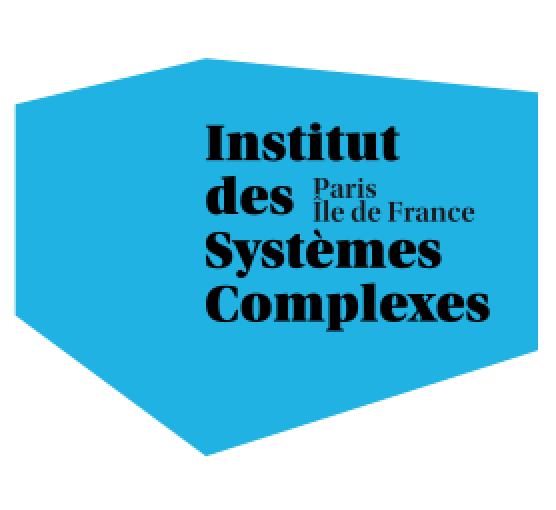Modélisation Quantique
La modélisation quantique est une discipline émergente qui applique les idées,
les méthodes et les modèles développés dans la physique quantique pour les appliquer
dans de nouveaux domaines des sciences humaines et cognitives.
En effet, le formalisme mathématique
de la théorie quantique peut être transposé à d'autres domaines comme
l'économie,
l'interaction sociale,
la psychologie,
l'intelligence artificielle,
la linguistique,
la recherche d'information,
les sciences sociales,
la biologie,
l'apprentissage automatique,
la logique,
etc.
De plus, beaucoup de propriétés clés des systèmes quantiques comme
la non-commutativité
des mesures, l'indétermination, la non-séparabilité,
la présence d'inégalités
probabilistes non classiques, peuvent être mises en évidence
dans les systèmes évoqués plus haut.
Prochaine réunion : lundi 15 décembre 2025
à 15h30 heures (heure de Paris)
La séance se tiendra en ligne ; le lien est transmis sur simple demande
Michael Schnabel
University of Chicago, Illinois, USA
Question Order Effects in Quantum Cognition:
The Quantum-Question Equality for More than Two Observables
Author's summary
In quantum mechanics, when two observables do not commute, the joint probability distribution is not well-defined,
as the probabilities depend on the order of measurements. However, the conditional probabilities for different measurement
orders are constrained by the projection postulates of quantum theory. The Quantum-Question (QQ) Equality, formulated
by Wang and Busemeyer [1], provides a non-parametric prediction for the pairwise probabilities of binary questions
represented by two non-commutative observables and their associated projection operators. The QQ Equality has
been central to quantum cognition research to test whether order effects in survey data can be explained as
quantum-like interference, which has received strong empirical support [2]. In this work, I formulate QQ Equalities
that extend beyond pairwise comparisons, accommodating situations with N ≥ 3 binary questions under the assumption
that measurements are represented by idempotent projection operators. These results might also be applicable to
low-dimensional discrete quantum systems and offer a generalizable framework for understanding order effects
in cognitive decision-making across various domains of questionnaire design, experimental psychology, and behavioral economics.
References
[1] Wang, Z. and Busemeyer, J.R.: A quantum question order model supported by empirical tests of an a priori
and precise prediction. Topics in Cognitive Science, 5(4), 689–710 (2013)
[2] Wang, Z., Solloway, T., Shiffrin, R.M., and Busemeyer, J.R.: Context effects produced by question orders
reveal quantum nature of human judgments. Proceedings of the National Academy of Sciences, 111(26), 9431–9436 (2014)
Animation : François Dubois, francois - dot - dubois - at - lecnam - dot - net,
Zeno Toffano, zeno - dot - toffano - at - centrale supelec - dot - fr
|
|
mise à jour : 5 novembre 2025 |
|







